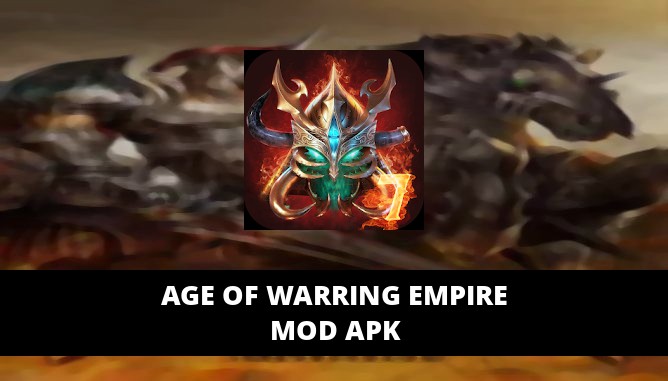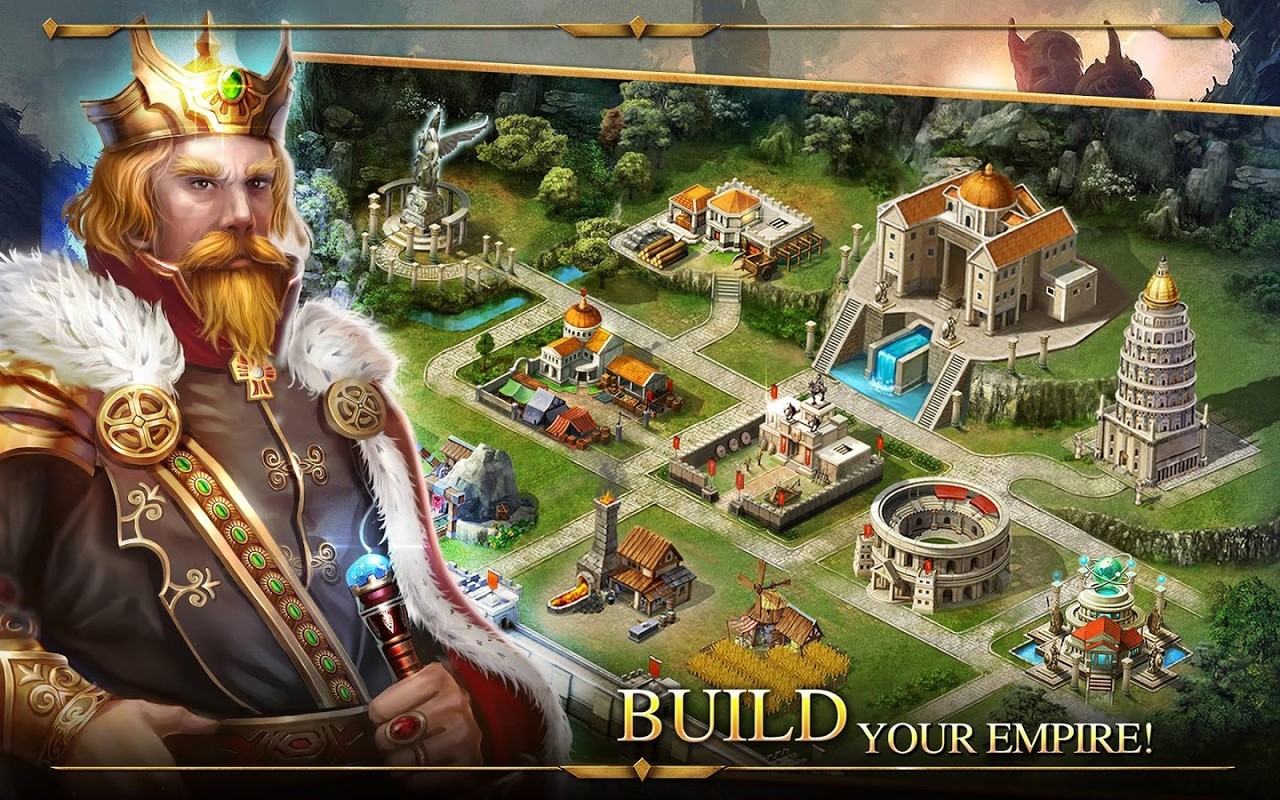
Colonial settlements were raided by the Kru and Grebo from their inland chiefdoms. The Americo-Liberian settlers did not relate well to the indigenous peoples they encountered. President William Tubman encouraged economic and political changes that heightened the country's prosperity and international profile Liberia was a founding member of the League of Nations, United Nations, and the Organisation of African Unity. During World War II, Liberia supported the United States war effort against Germany, and in turn received considerable American investment in infrastructure, which aided the country's wealth and development.

It was among the few African countries to maintain its sovereignty during the Scramble for Africa. Liberia was the first African republic to proclaim its independence and is Africa's first and oldest modern republic. did not recognize until February 5, 1862. Liberia declared independence on July 26, 1847, which the U.S. Gradually developing an Americo-Liberian identity, the settlers carried their culture and tradition with them. Between 1822 and the outbreak of the American Civil War in 1861, more than 15,000 freed and free-born African Americans, along with 3,198 Afro-Caribbeans, relocated to Liberia. Liberia began in the early 19th century as a project of the American Colonization Society (ACS), which believed black people would face better chances for freedom and prosperity in Africa than in the United States. The country's capital and largest city is Monrovia.

English is the official language, but over 20 indigenous languages are spoken, reflecting the country's ethnic and cultural diversity. It has a population of around 5 million and covers an area of 43,000 square miles (111,369 km 2). It is bordered by Sierra Leone to its northwest, Guinea to its north, Ivory Coast to its east, and the Atlantic Ocean to its south and southwest. Liberia ( / l aɪ ˈ b ɪ r i ə/ ( listen)), officially the Republic of Liberia, is a country on the West African coast.


 0 kommentar(er)
0 kommentar(er)
